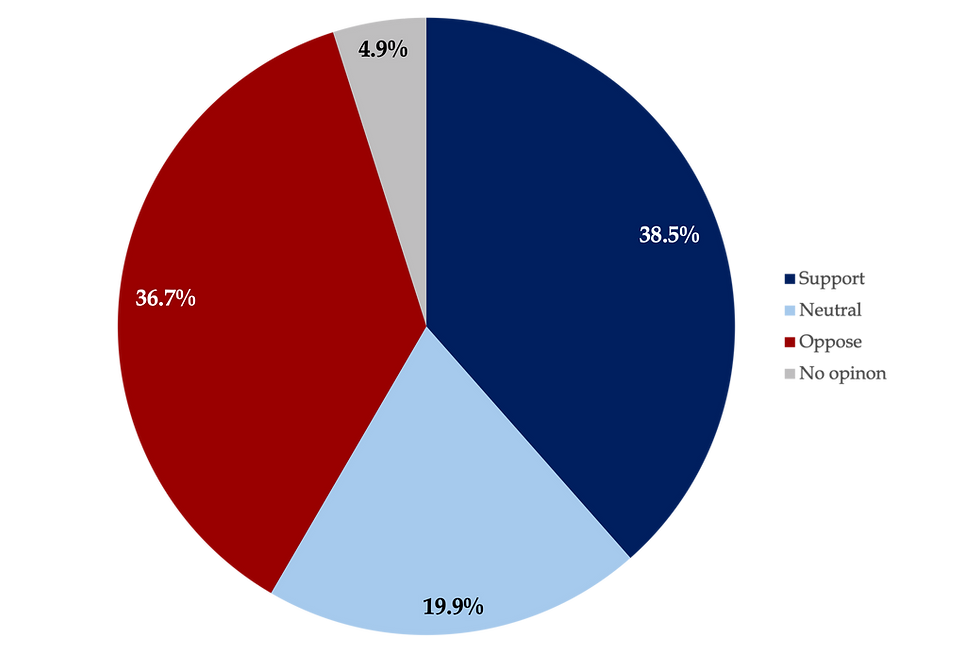Dropping the Type A (Just for a Bit)
- Arshita Malhotra

- Sep 9, 2025
- 4 min read
Updated: Sep 13, 2025

Arshita Malhotra (MBA ’26) on slowing down, showing up, and skipping the coffee chat olympics.
I was running one morning with a friend who is a seasoned runner. They started talking about negative splits — the idea that the slowest part of your run should be at the beginning. You save energy, build into the stride, and leave your strongest pace for the finish. New into running, it struck me as extremely counterintuitive. What about our Strava stats?
A few days later, in the very first class of a new EC course, Innovating and Prototyping for Innovation, the professor’s wrap up slide read in bold letters: “Go slow to go fast.”
I smiled. Apparently, the universe was conspiring to hammer this point home.
The truth is, by the time I got to HBS last year, slowing down wasn’t optional — it was necessary. I had just come off an intense stint at an early-stage startup in India. It was the kind of work where the line between passion and burnout vanishes without you noticing. Add to that an unplanned surgery right before school (all’s good now), and I wasn’t sure if I’d even get here. Moving cross-continents didn’t make it any easier. By the time I landed in Boston, I was done, stuck in a pure functional freeze.
So I made a quiet decision: let the MBA be the “expensive paid vacation” everyone joked about. I needed that more than another sprint.
Meanwhile, Spangler was buzzing. Coffee chats, networking lunches, sprinting from one catch-up to another. Calendars color-coded with meticulous precision. I joined in at first — an accomplice to the frenzy. There was a strange satisfaction in feeling productive by stacking your schedule back-to-back, as if each chat proved you were making the most of HBS. At parties, you could almost see people’s eyes darting around the room, scanning for the next person they “had to meet.”
I’ve always detested networking events. HBS, at times, has felt like a meticulously planned, two-year-long version of exactly that. It didn’t take long to realize that many of these moments felt more like box-checking: less connection, more choreography. There’s only so much depth you can reach when you’re already eyeing the clock, mentally preparing for the next “hi, nice to meet you. What section are you in?”
What I didn’t expect was that some of my closest friendships at HBS would come not from the planned meetings, but from the margins.
It was the unstructured afternoons that stretched longer than planned because the conversation just kept flowing. I met one of my closest EC friends by accident, just hanging out aimlessly in Hamilton Hall, sitting on the steps, swapping stories for two hours with no agenda. Other friendships formed in the Shad sauna or while lingering too long in the dorm tunnels doing laundry.
The magic wasn’t in the calendar. It was in the gaps. Those in-between moments, the ones that don’t show up on Outlook.
There’s an unofficial RC course at HBS, one not listed in the syllabus, on curiosity, presence, and exploring your full dimensions beyond academics or recruiting. It happens in hallways, late-night kitchens, long walks along the Charles, and those serendipitous pauses when you’re not rushing somewhere else.
What this class teaches isn’t how to move faster, but how to notice more. To notice the quirks in someone’s story. To notice how you’re actually feeling. To notice when the most meaningful part of your MBA might not be the one for which you prepared.
One of my favorite RC classes was LEAD, and a lesson from that class has stuck with me into EC year: what got you here won’t get you ahead. For me, that became less about skill sets and more about pace. The habits that got me through consulting decks and startup chaos — constant motion, constant urgency — weren’t the ones that would sustain me for the long run. I’ve learned that taking a pause to ask what kind of marathon I actually want to run next is work worth doing.
RC year can feel like a river: fast, free-flowing, pulling you in. Blink, and you’re swept downstream, caught in the current of recruiting, cases, social life, and more. Sometimes the only way to see where you’re headed is to step onto the bank for a moment.
HBS gives us plenty of ways to feel satisfied in the short run: the fastest mile, the fullest calendar, the busiest days. But the real game isn’t about sprinting at the outset. It’s about saving your splits for the marathon that comes after. HBS is just one leg of that course. Life is the rest. And the runners who last aren’t the ones who started fastest. They’re the ones who knew when to slow down.

Arshita Malhotra (MBA ‘26) hails from Mumbai, India. She graduated from Shri Ram College of Commerce, Delhi and worked at McKinsey India as a management consultant followed by being Chief of Staff to the Founder at an early-stage AI hiring startup in Bangalore. She’s an enthusiastic hobby collector, recent ones being her newfoun




Comments